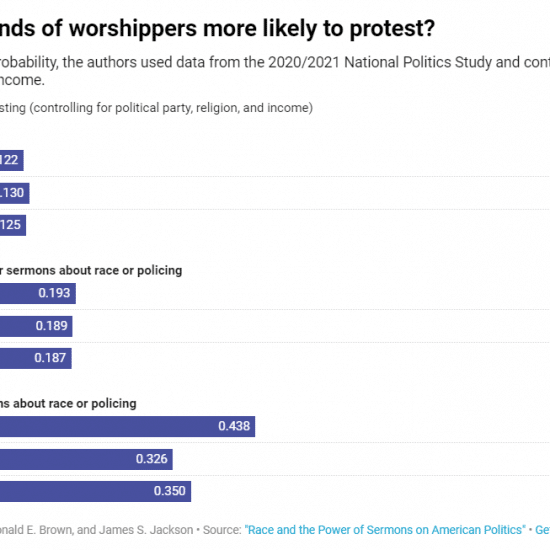DALLAS—Christ’s parable of the judgment of sheep and goats as recorded in Matthew’s Gospel deals more with justice than charity, said Nicholas Wolterstorff, professor emeritus of philosophical theology at Yale University.
On judgment day, God's blessing does not depend on acts of charity or piety but on pursuit of justice, he insisted.
“By not doing justice, we violate what Jesus was anointed to do,” Wolterstorff told a world hunger conference at Dallas Baptist University. The event, “An Evangelical Advocacy Response to Global Childhood Hunger,” was sponsored by multiple Christian groups including Bread for the World, the National Association of Evangelicals and the Texas Baptist Christian Life Commission.
The word typically translated “righteous” in Matthew 25 and elsewhere in the New Testament might better be rendered “just,” he asserted.
He pointed, for instance, to the Beatitude, “Blessed are they who are persecuted for righteousness sake.” Wolterstorff maintained it might better be understood as “they who are persecuted for the sake of justice.”
“Upright people are either admired or ignored but rarely persecuted,” he insisted. “Those who seek justice are the ones who ruffle feathers and get under people’s skin.”
Wolterstorff took issue with Christians who claim Jesus’ teaching about love supersedes the Old Testament prophets’ emphasis on justice.
“Love incorporates justice,” he said. “Shalom goes beyond justice, but where justice is missing, shalom is missing.”
Christians should move beyond voluntary, occasional acts of charity toward seeking justice as Jesus requires, he insisted.
“Gratuitous charity is optional. Justice is not optional. Justice is basic,” Wolterstorff said.
Matthew 25 teaches that failure to seek justice for the vulnerable does injury to Christ, he maintained.
“The injustices of the world are the wounds of God,” he said.






